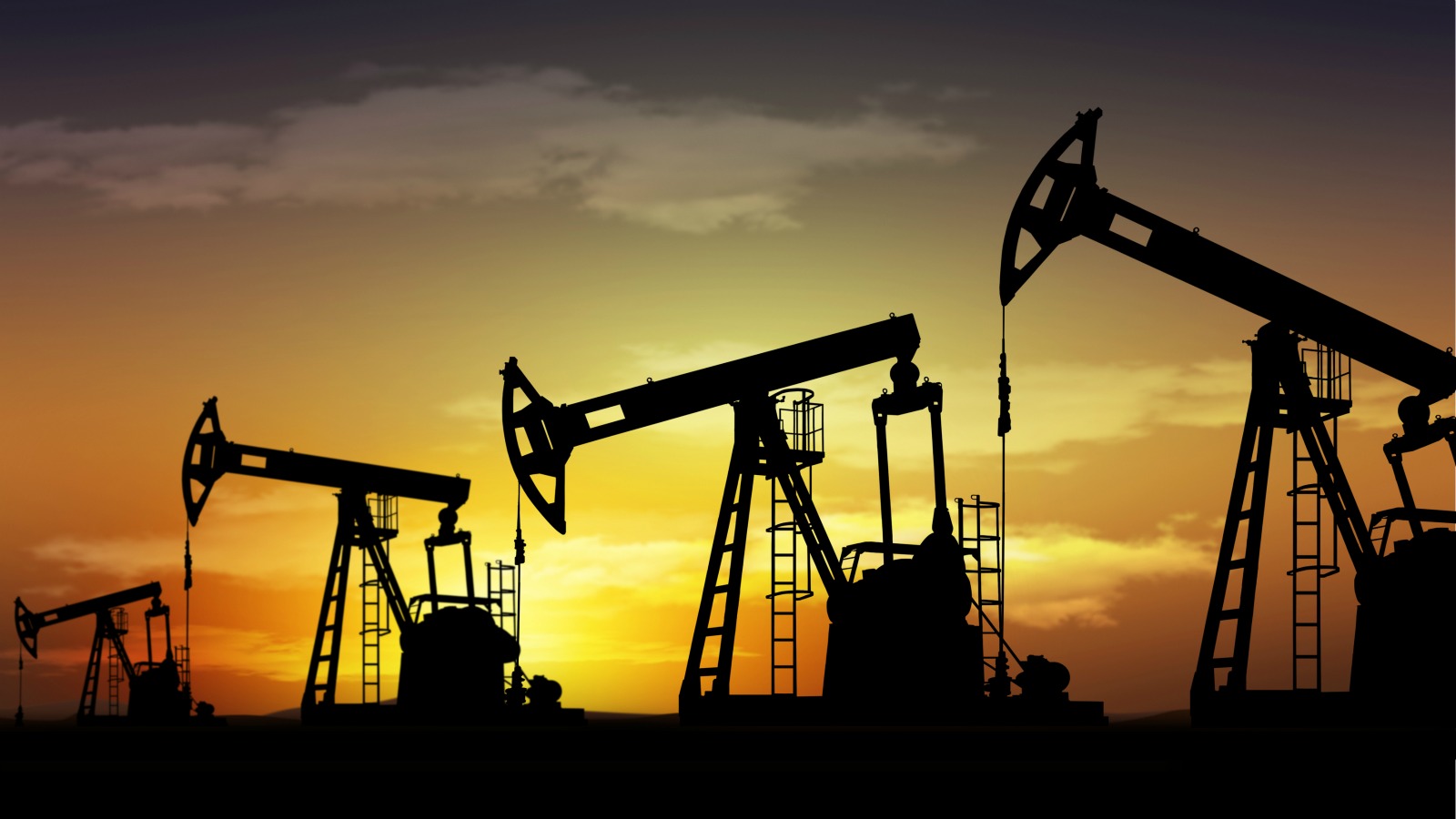If you thought the world’s biggest company was Apple or Alphabet, you were off by a factor of two to twenty. Saudi Aramco, Saudi Arabia’s state-owned oil and gas company, is worth somewhere in the neighborhood of $1 trillion to $10 trillion — a megalith next to Apple’s $650 billion valuation. And Saudi Arabia, recognizing the end of an era for oil, is looking to sell it off.
In an interview with Bloomberg, Deputy Crown Prince Mohammed bin Salman confirmed a January rumor that Saudi Arabia would begin to open up foreign investment in Aramco as early as next year and establish a gigantic sovereign wealth fund with the new cash. The fund, called the Public Investment Fund (PIF), could eventually control something on the order of $2 trillion in total assets. The primary goal of the PIF is to move Saudi Arabia beyond its dependence on oil as its only economic driver.
“What is left now is to diversify investments,” bin Salman told Bloomberg. “So within 20 years, we will be an economy or state that doesn’t depend mainly on oil.” Aside from reeling in some much-needed cash to the Kingdom, bringing Aramco to public markets is also a sign that Saudi Arabia may be open to reform, both politically and economically. Floating shares of Aramco on international markets will also require clearer reporting standards and greater transparency for the notoriously secretive company.
The Kingdom has been hit hard by the global fall in oil prices and has already spent billions of savings to keep its economy running. With oil prices hovering around $40 a barrel and only sluggish growth in prices in sight, the Saudi story looks a lot like a microcosm (albeit a comically large microcosm) of the argument that an investment strategy focused on fossil fuels simply does not make sense anymore — at least not in the long run. Banks and pension funds in the U.S. and the U.K. have been needled for the losses they’ve incurred due to continued investment in the fossil sector.
So who’s expected to invest in a massive oil conglomerate in 2017? Aramco is not by any means an unprofitable company, and it does a whole hell of a lot more than drill for oil: It has its fingers dipped in just about every segment of the energy sector, in addition to swathes of the chemical and healthcare sectors. Still, oil is its core business, and it’s looking like that business might not be a good long-term play, especially in an undiversified portfolio. If the international community gets more aggressive about climate policy and moves toward a “keep it in the ground” approach to fossil fuels, an investment in an oil giant could wind up unprofitable and unsellable: stranded.
So while Aramco’s IPO will surely find interested parties, they’ll likely be investors looking for short-term gains and ones with portfolios that are already fairly diverse — otherwise the risk calculation really wouldn’t make any sense. The smart long-term move will not be betting on dirty energy.



